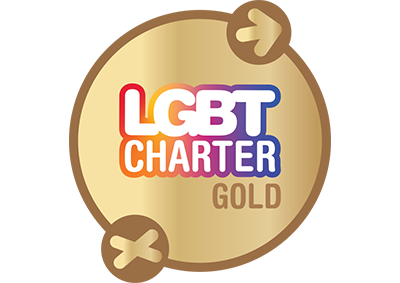Alternative Assessment Arrangements
Alternative Assessment Arrangements Info for SQA exams.
- What is an Additional Assessment Arrangement?
An Additional Assessment Arrangement (AAA) is an adaptation to the exam process that enables a candidate (a young person sitting the exam) with an Additional Support Need (ASN) to fully show their knowledge in the exam.
Example:
- A candidate who has been identified with dyslexia (this is an ASN) may be entitled to extra time during the exam (this is the AAA).
- Who is entitled to an AAA?
A candidate with an ASN can be put forward for an AAA. Teachers submit evidence to Support for Learning staff showing how the candidate normally learns and produces work in their classes.
Example 1:
The teacher knows that a candidate with dyslexia always needs extra time to finish written work or assessments in History; the teacher should ask for extra time for that candidate so that they can demonstrate their knowledge to the full.
Example 2:
A candidate with Autism always gets very anxious before class tests. They always sit the test somewhere by themselves where they feel less anxious and can show their knowledge without being distracted. The teacher should request separate accommodation for the candidate in the SQA exams.
- How does school put AAA in place for SQA exams?
Many people in school are involved in organising AAA for the SQA exams.
Class teachers
Class teachers know how the young people in their classes learn and produce work. They also know the young people in their classes who have an ASN. (There is a whole school system for keeping them up to date with this). Class teachers submit requests to Support for Learning for AAAs for the young people in their classes.
Support for Learning Department (SFL)
Support for Learning staff will support and advise class teachers in gathering evidence to show how (and if) the AAA makes a difference to the candidate’s performance. This means there needs to be an improvement in the candidate’s mark in a piece of work with the support in place compared to the mark the learner achieved without the AAA. So, a dyslexic student who has got a higher mark with a screen reader than they did without a screen reader, would be entitled to request an AAA for the final exam.
Pupil Support Assistants (PSAs) and SFL teachers provide the support required by the young person.
Educational Psychologist
The Educational Psychologist working with Leith Academy reviews some of the evidence collected and advises on whether it shows a need for an AAA.
SQA Co-ordinator and Depute Head Teacher
‘Sign off’ all requests.
SFL and Administrative staff
Administrative staff send out letters from the SFL department to parents/carers to request permission to share candidate’s information with the SQA. Once this has been secured staff enter the request into the SQA’s systems. Candidates who are over 16 can give this permission themselves. All candidates are asked to sign their arrangement to show that they agree to use it and that it is correct for them. We then plan rooming and staffing for the exam diet.
- When does school do this work?
Teachers are learning about a young person and their learning needs throughout their time in school, so we are generally aware of who will need an AAA. Sometimes, a young person’s learning needs become more obvious in the lead up to exams. In this case, we will gather evidence of their work and discuss whether they need an AAA.
The administrative process of gathering and reviewing evidence specifically for the exam diet starts in the year when the course e.g. National 5 or Higher starts. Once we know who is being presented for the exams, we start the administrative process of finalising the AAA between Christmas and Easter.
- What are the rules that the SQA has about Additional Assessment Arrangements (AAA)?
- Assessment Arrangements must not compromise the integrity of the qualification. This means that it is not meant to make the exam easier – the candidate must be sitting the exam at the correct level for them.
- Assessment Arrangements are designed to show the candidate’s attainment in the subject not their lack of it i.e. if the candidate has not done the work, an assessment arrangement will not fix that
- Assessment Arrangements must be based on current level of need i.e. evidence must be gathered for each candidate in each subject every year for whatever level of qualification the candidate is sitting.
- Assessment Arrangements must be tailored to an individual candidate’s need.
- Assessment Arrangements must reflect the candidate’s normal way of learning and producing work. The candidate should be experienced in using this method.
- Other possible adaptations
Other adaptations not mentioned in the text above include:
- Using ICT as a preferred method of communication – this means the candidate types their answers because that is what they prefer to do. No evidence is required if there is no ASN.
- Candidates who speak English as an additional language and who are not fluent in English are entitled to a bilingual dictionary and 10 minutes extra time in every hour (except English exams).
- Extra time to complete the paper
- Medical breaks
- Movement breaks
- Prompter
- Transcription with correction
- Transcription without correction
- ICT with spellchecker
- Adapted papers – i.e. exam papers in different colours and fonts.


